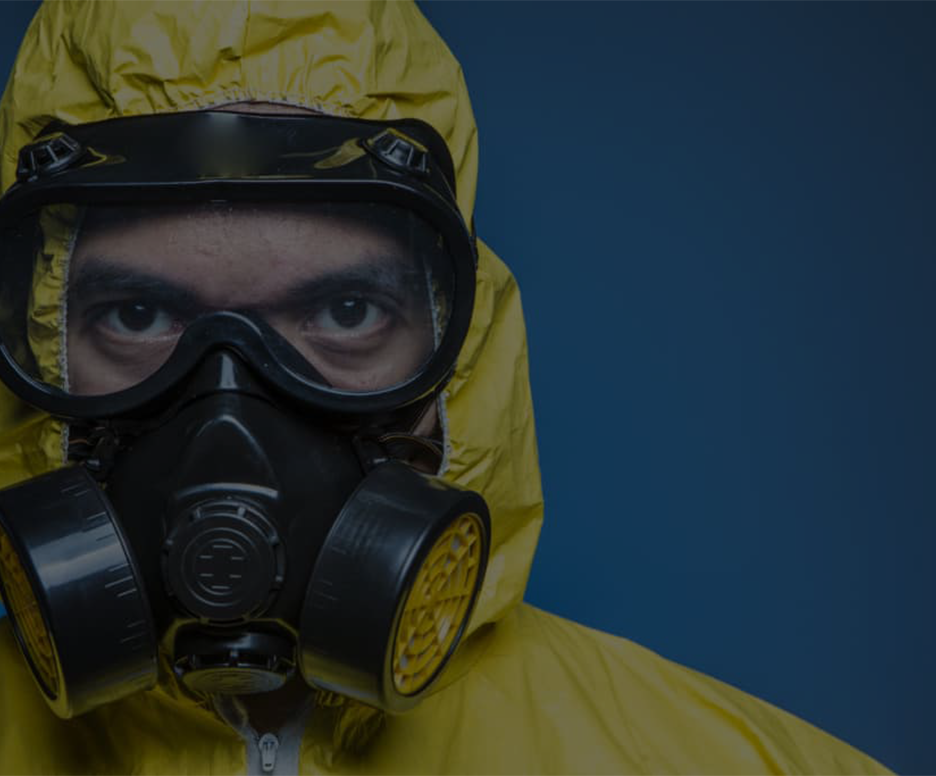
What To Do When Flood Damages My Home And Who Do I Call?
By: 911 Water Damage Experts
According to the Federal Emergency Management Agency (FEMA), flooding is the most common natural disaster in the U.S., affecting all 50 states (FEMA, 2021).
It’s imperative for homeowners to understand how to respond when a flood strikes their property, and, even more importantly, how to restore their homes post-flood.
Tips On What To Do When House Floods
Prioritize Safety
Your safety and that of your family should always be the priority. If flood waters rise rapidly, evacuate immediately. Avoid walking or driving through floodwaters, as just six inches of moving water can knock a person over, and a foot can sweep away a vehicle.
Shut Off Utilities
If it is safe to do so, turn off all utilities at the main power switch and close the main gas valve to prevent further damage or hazards. However, never attempt to touch these switches if they are wet or if you are standing in water, as this can lead to electrocution.
Document the Damage
Once the situation is safe, document the extent of the damage by taking photos and videos of all affected areas and items. These records can be very useful when filing an insurance claim.
Contact Your Insurance Company
Reach out to your insurance company as soon as possible to report the flooding. Provide detailed information about the incident and the extent of the damage. Ask them about the next steps to take and how to proceed with your claim.
Start the Cleanup Process
Begin by removing water from your house. You can use a wet-dry vacuum or a sump pump to do this. Next, move any salvageable items to a dry and safe place. It’s crucial to start the cleanup process as soon as possible to prevent mold and mildew from setting in.
Dry and Dehumidify Your Home
Once you’ve removed the water and damp items, use fans, dehumidifiers, and heaters to help speed up the drying process. Open windows and doors to improve ventilation and hasten drying.
Disinfect
After everything is dry, disinfect all affected surfaces to kill bacteria and other pathogens that may have come in with the floodwater. You can use a solution of one cup bleach to one gallon of water for effective disinfection.
Begin Restoration
Depending on the extent of the damage, you may need to replace flooring, drywall, and other parts of your house. In severe cases, you might need to hire a professional restoration company.
Mold Prevention
Keep an eye out for signs of mold in the weeks following the flood. If you see or smell mold, hire a professional mold remediation company to handle it.
Review and Improve Your Home Flood Protection
After handling the immediate aftermath, consider what can be done to prevent future flooding. This could include landscaping changes, installing a sump pump, or adding flood barriers.
Top 5 Solutions For Flood Restoration
a. Water Removal: Utilize professional water extraction tools or pumps to remove standing water.
b. Dehumidification and Drying: Use commercial-grade dehumidifiers and air movers to speed up the drying process.
c. Mold Remediation: Professional mold remediation services help to eliminate mold spores and prevent their return.
d. Damage Repair: Hire experienced contractors to repair structural damage and restore your home.
e. Personal Property Restoration: Engage services that specialize in restoring personal items such as clothing, furniture, and electronics.
Frequently Asked Questions About House Flooding
What causes house flooding?
House flooding can be caused by heavy rainfall, hurricanes, rapid snowmelts, dam failures, and more.
Can house flooding be prevented?
While you cannot prevent natural disasters, measures such as installing sump pumps, waterproofing basements, and maintaining proper drainage can mitigate the risks.
Does standard homeowners insurance cover flood damage?
Not typically. Most standard homeowners insurance policies don’t cover flood damage. It’s essential to consider purchasing additional flood insurance.
How long does it take to restore a house after a flood?
Depending on the severity of the damage, restoration can take anywhere from a few days to several months.
Is it safe to stay in a house after minor flooding?
It depends on the extent of the damage. Even minor flooding can lead to mold growth and structural issues, so it’s recommended to get your home professionally inspected.
Can you clean up flood damage yourself?
For minor flooding, you can clean up yourself but for major floods, it’s advisable to seek professional help to ensure thorough cleanup and restoration.
What health risks are associated with house floods?
House floods can lead to the growth of mold, which can cause health issues. Floodwater can also be contaminated, leading to potential illnesses.
How do I deal with mold after a flood?
Hire professional mold remediation services to properly treat and remove mold spores.
What should I do with flood-damaged items?
Many items can be salvaged with proper cleaning and disinfection, but severely damaged or contaminated items should be discarded.
Who should I call first after a flood?
Your first call should be to your insurance company to report the incident and then to a flood restoration company.
Conclusion
Facing a house flood is undoubtedly daunting. However, understanding what steps to take during such disasters and knowing effective restoration solutions can make the recovery process more manageable. Above all, prioritizing safety and health is paramount in these situations.
If you have any questions about our article, “What To Do When Flood Damages My Home And Who Do I Call?” or need storm restoration services feel free to call us at 1-833-WE-DRY-IT any time 24/7/365 or chat with us on LiveChat or social media.
Related Posts
Mould Removal Restoration Articles
5 Signs You Have Mould Growing In Your Walls
“Can I Remove Mould Myself?” Our Mould Removal Experts Have Answers
7 Must-Know Reasons Why You Should Get A Mould Inspection Before Buying A House
Does Mould Attract Bugs? Yes And Here’s What Kind And Why
How To Remove Mould From The Attic [Mould Prevention Tips Inside]
How Rain Causes Mould Growth-Prevention Tips Included
Must-Know Tips: How To Remove Mould In Your Basement
Water Damage Restoration Articles
How to prevent home storm damage
What you can expect from a fire damage restoration company
Water damage prevention tips from the most common problems we’ve seen
Top causes of water damage in commercial buildings and how to find them
Must-know water damage tips: What to do after your house floods
What does good water damage restoration look like?
DIY water damage restoration and the hidden dangers
How to choose the right water damage company
Flast floods: What to do before, during and after a flash flood
What to do when your attic leaks?
Fire Damage Restoration Articles
Fire prevention tips for the summer
How to clean up after a house fire
Fire damage restoration checklist
Fire damage tips: 6 hazards property owners miss
How smoke from fires can negatively affect your health
What are the most common causes of house fires?
10 helpful smoke damage cleaning tips
Related Water Damage Services
Fire damage restoration services
Water damage restoration services
Emergency cleanup services
Mould removal services
Weather damage services

